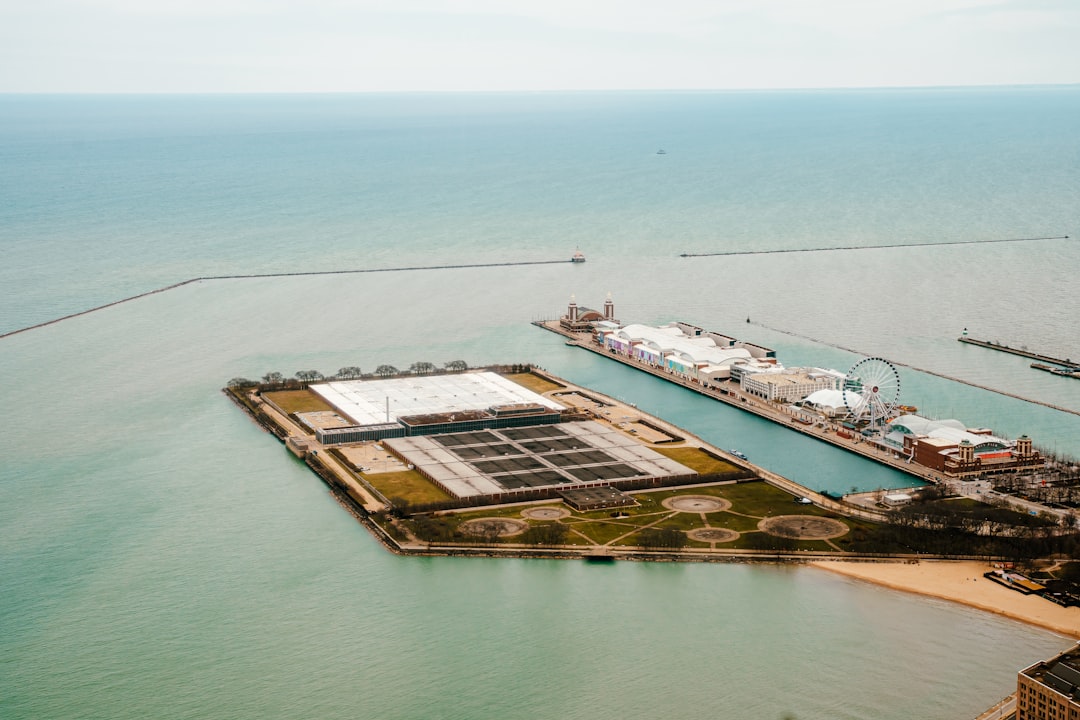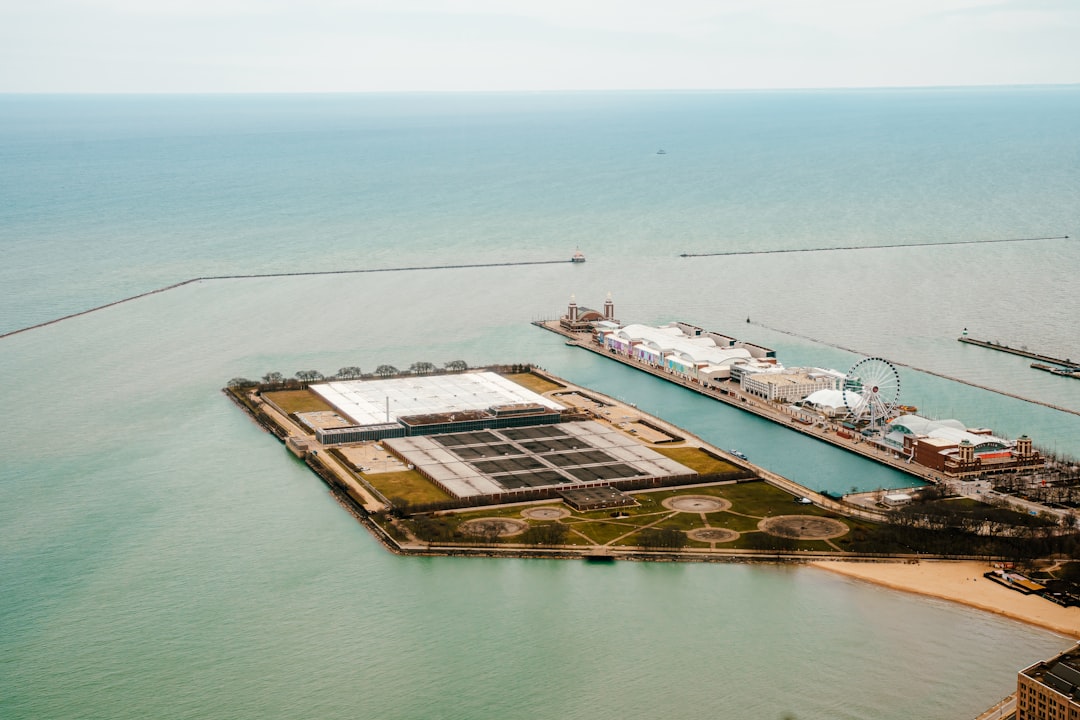In Illinois, strict Do Not Call (DNC) laws protect residents from unwanted telemarketing calls. Registering on the state's DNC list offers legal protection. Post-COVID, businesses adopted permission-based marketing strategies, leveraging technology like Interactive Voice Response (IVR) systems and video conferencing. Advanced data analytics and AI enable personalized interactions while ensuring compliance with Do Not Call lists for lawyers and law firms. A successful approach involves conducting thorough research on small businesses' legal issues and offering free educational content to build trust and relationships.
“In Illinois, understanding and adhering to strict do-not-call laws is a paramount concern for businesses, especially in the realm of telemarketing. This article navigates the evolving landscape of telemarketing trends, offering insights into post-COVID strategies that have transformed the industry. From emerging technologies enhancing customer engagement to successful case studies within Illinois, we explore effective practices while adhering to do-not-call regulations, crucial for both lawyers and law firms aiming to thrive in this environment. Discover key takeaways from prominent do-not-call cases in Illinois and learn how to balance compliance with robust marketing efforts.”
Understanding the Do Not Call Laws in Illinois: A Comprehensive Overview

In Illinois, the Do Not Call (DNC) laws are in place to protect residents from unwanted telemarketing calls. Understanding and adhering to these regulations is essential for both businesses and individuals alike. The state has implemented strict guidelines to ensure consumers’ privacy and reduce nuisance calls.
Illinois residents who register their phone numbers on the state’s Do Not Call list receive significant legal protection. It becomes a violation for telemarketers to call these numbers without prior consent. Anyone seeking to enforce or learn more about these laws can consult with a do not call lawyer Illinois or do not call attorney Illinois. The state’s law firms specializing in this area can provide guidance, ensuring businesses comply and individuals’ rights are respected.
Emerging Telemarketing Strategies Post-COVID: Adapting to the New Normal

As the world adapted to the new normal post-COVID, telemarketing strategies evolved as well. With physical interactions becoming more limited, businesses had to find innovative ways to connect with their target audiences. Many companies turned to digital channels and personalized approaches to engage customers effectively.
In Illinois, where strict regulations govern unsolicited calls, especially regarding legal services, telemarketers had to be extra cautious. The rise of “Do Not Call” lists and stricter compliance requirements prompted a shift towards more targeted and permission-based marketing. Emerging strategies included interactive voice response (IVR) systems, which allowed for better customer segmentation and personalized messaging. Additionally, the use of video conferencing and virtual events facilitated face-to-face interactions while adhering to social distancing guidelines. These adaptations ensured that telemarketing remained a viable method for reaching potential clients, especially in industries like law, where building trust and relationships is paramount.
The Role of Technology: Enhancing Customer Engagement and Compliance

In the realm of telemarketing, technology is transforming how businesses connect with customers in Illinois. With various laws in place, such as those governing the Do Not Call lists for lawyers and attorneys, tech innovations play a pivotal role in ensuring compliance while enhancing customer engagement. Automated systems now allow for personalized interactions, thanks to advanced data analytics and AI-driven scripts that adapt to individual preferences, making calls more relevant and less intrusive.
These technological advancements not only help Illinois businesses avoid legal pitfalls associated with unwanted calls but also foster better relationships with clients. By leveraging machine learning algorithms, companies can predict customer preferences and tailor their marketing strategies accordingly. This shift towards data-driven telemarketing ensures that Do Not Call regulations are respected while maximizing the potential for successful outreach and client retention.
Case Studies: Successful Telemarketing Campaigns in Illinois and Lessons Learned

Successful telemarketing campaigns in Illinois have demonstrated innovative strategies that go beyond traditional cold calling. One standout example is a local law firm’s approach, which focused on providing genuine value to potential clients rather than aggressive sales tactics. They conducted extensive research on their target audience, identifying common legal issues faced by small businesses in the state. By offering free educational webinars and informative guides, they established themselves as trusted advisors, attracting interested prospects who were more likely to engage.
This campaign successfully avoided the pitfalls of traditional telemarketing, such as being labeled as a “Do not call” list participant. Instead, it fostered meaningful connections by addressing genuine needs. The lessons learned here include tailoring messaging to local regulations, like the “Do not call Lawyer/Attorney/Law Firm Illinois” rules, and focusing on building relationships through valuable content rather than hard sales. This approach has proven effective in creating a positive brand image and generating qualified leads.






